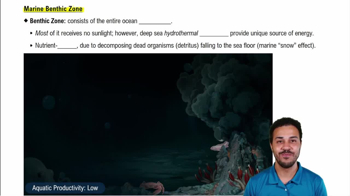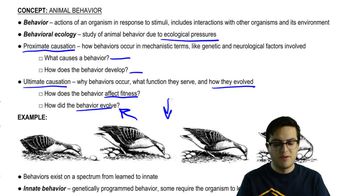<Image>
Mass strandings of whales occur on beaches near military exercises where sonar is used, raising concerns about the effects of human-generated underwater sounds on animal behavior. Scientists are collecting behavioral data on several species of whales to find out how sonar affects them.
Whales communicate with one another using sound. What is one benefit and one cost to whales of using sound to communicate underwater?






